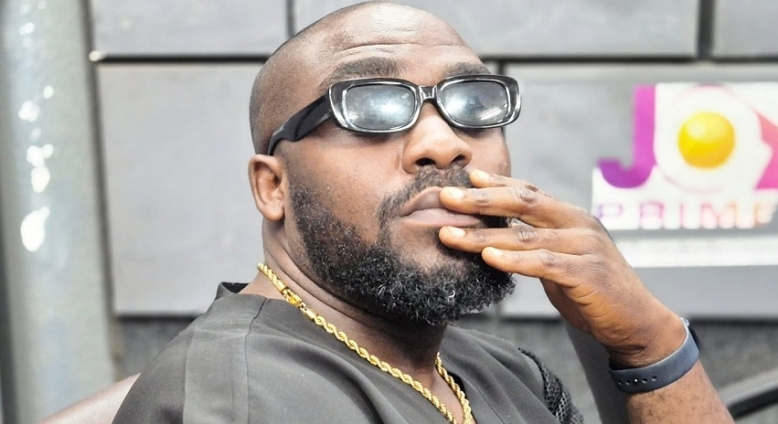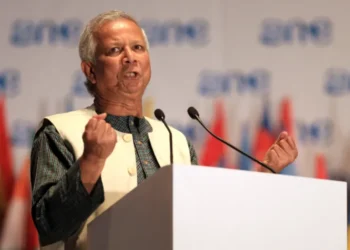The African art scene has garnered international attention in recent years, with African artists making significant strides in various creative fields.
However, a concerning trend has emerged: an obsession with monetary success that often overshadows the intrinsic value of art itself.
Nigerian music executive Motolani Alake has criticised an unhealthy obsession with money among African musicians, particularly those from West Africa.
He believes this attitude is affecting the way artists approach business deals, especially those involving their music catalogues.
“African artists, especially West African artists, need to stop being obsessed with money that makes no sense. Your entire catalogue cannot be making $1,000 or $5,000, and you’re asking for a million dollars.”
Motolani Alake
He stressed that business deals should be mutually beneficial, but some artists enter negotiations with inflated expectations, which he believes stem from a lack of understanding of the value of their work.
African art has historically been a reflection of the continent’s rich cultural heritage, diverse traditions, and social issues. However, the contemporary art market has increasingly commodified creativity, leading many artists to chase monetary success rather than staying true to their roots.

This trend is exacerbated by the rise of social media platforms, where artists often feel pressured to produce commercially viable work that aligns with market trends rather than their personal or cultural narratives.
While financial success is undoubtedly important, the fixation on money dilutes the authenticity of an artist’s voice. Many artists find themselves creating works that appeal to commercial interests rather than expressing their unique perspectives.
This shift not only impacts the quality of the art produced but also diminishes the cultural significance that African art holds.
The obsession with financial gain leads to several detrimental outcomes for African artists.
When artists prioritize profit over authenticity, they risk losing touch with their cultural roots. Art is a powerful medium for storytelling, and when artists stray from their narratives to chase trends, they contribute to a homogenized art market that lacks the richness of diverse African experiences.
The pressure to succeed financially leads to mental health issues among artists. The constant comparison to financially successful peers can foster feelings of inadequacy and anxiety, ultimately stifling creativity and innovation.
African Artists Embracing Creative Integrity

To counteract the obsession with money, African artists should embrace a philosophy of creative integrity. This approach involves prioritizing personal expression, cultural narratives, and social commentary over commercial viability.
By doing so, artists create works that resonate on a deeper level, fostering connections with audiences that appreciate authenticity.
According to Motolani Alake, artists should prepare thoroughly before walking into meetings, ensuring their demands are backed by data and market reality.
“If you’re going to walk into a room, you need to know exactly what you’re walking into. I think a lot of people don’t do that. They just open their mouth and ask for a million. The way African artists ask for a million dollars is just insane. Everybody wants a million dollars.”
Motolani Alake
Artists should be encouraged to explore their unique experiences and perspectives. By embracing their individuality, they contribute to a diverse art landscape that reflects the complexity of African identities.
Artists find inspiration and support within their local communities. By collaborating with local artisans, cultural institutions, and grassroots organizations, artists create work that is rooted in their cultural context, fostering a sense of belonging and shared purpose.

Art has the power to challenge societal norms and provoke critical conversations. African artists should harness this potential, using their work to address pressing social issues and inspire change.
By prioritizing meaningful engagement over financial gain, they elevate the status of African art on the global stage.
The obsession with money within the African art scene poses significant challenges to the authenticity and cultural significance of artistic expression.
By shifting the focus from financial success to creative integrity, African artists reclaim their narratives and contribute to a more vibrant and diverse art landscape.
As they embrace their unique voices and engage with their communities, they will not only enrich their work but also elevate the perception of African art worldwide.
In doing so, they create a legacy that transcends monetary value, celebrating the profound impact of art as a vehicle for cultural expression and social change.
READ ALSO: IMANI Warns of “Missing Gaps” in NPP’s Renewal Drive



















